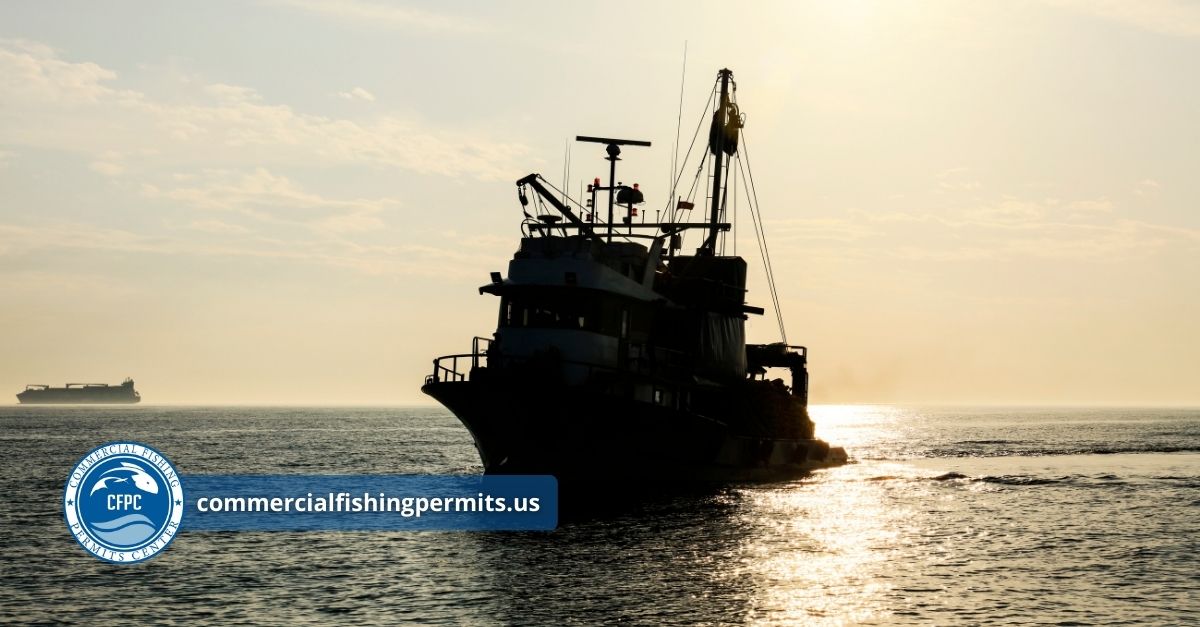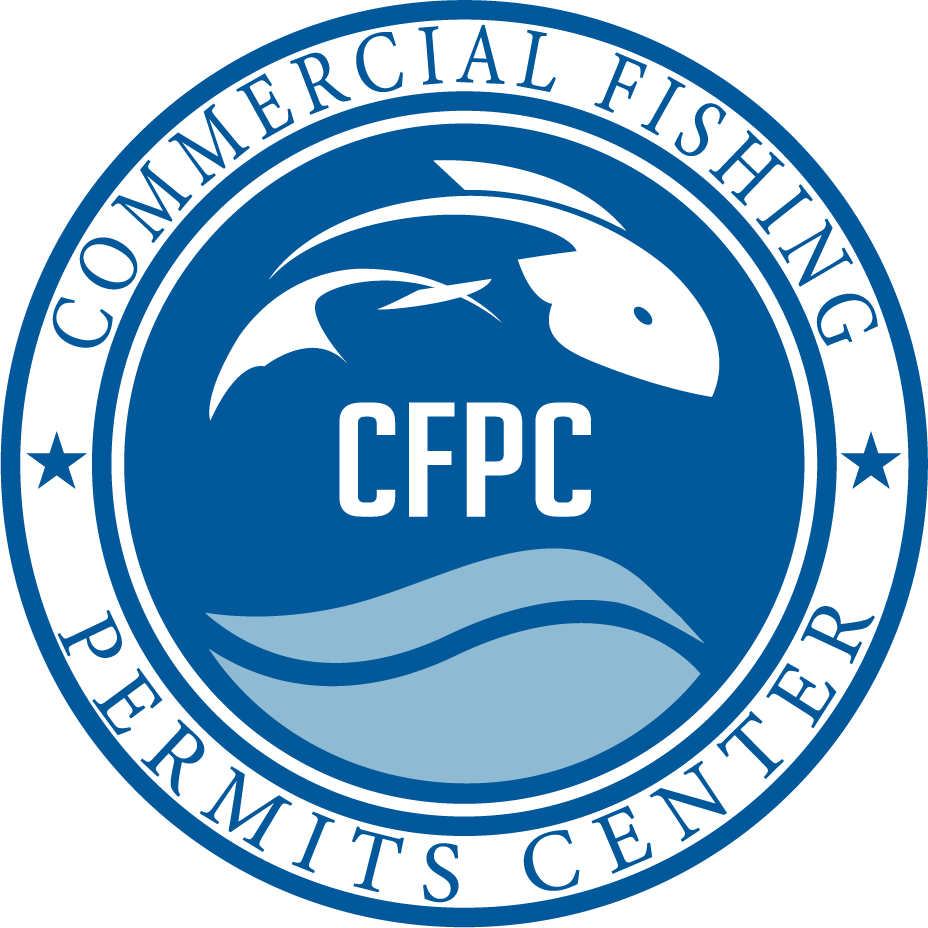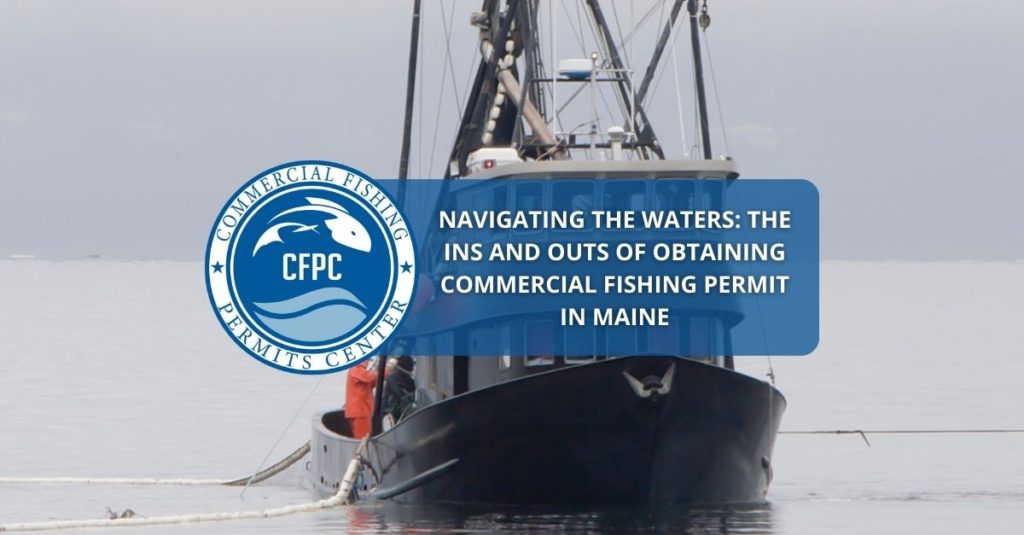Maine has always been known for its vast marine resources and booming commercial fishing industry. It’s a place where fishing has been a way of life for generations, and there’s a reason why it’s called ‘The Lobster Capital of the World.’ However, the industry is also highly regulated, and obtaining the necessary permits for commercial fishing can be a daunting process. In this blog post, we’ll dive deep into the ins and outs of obtaining commercial fishing permits in Maine and what you should expect.
Types of Permits
First and foremost, it’s essential to understand the different types of permits required for commercial fishing in Maine. Under state law, there are several different licenses, endorsements, and permits needed for various types of fishing activities. The primary licenses are the Commercial Lobster License, Commercial Sea Scallop License, Commercial Finfish License, Commercial Elver License, and Commercial Shrimp License. Each of these licenses has its specific requirements and regulations, such as gear restrictions, minimum sizes, and catch limits.
License Application and Renewal
The process of obtaining a commercial fishing license in Maine can be complicated, and each type of license has its unique application requirements. For example, to apply for a Commercial Lobster License, you need to fill out an application, attend a mandatory training course, and satisfy specific gear requirements. On the other hand, renewing a license requires an application, a fee, and the previous year’s fishing record. It’s recommended that you start the process early and allow time for any necessary training and paperwork before the start of the fishing season.
Permit Restrictions and Quotas
Another critical aspect to consider when obtaining a commercial fishing permit in Maine is the restrictions and quotas set by both the state and federal governments. For example, the federal government has set quotas on certain fish species to prevent overfishing and maintain sustainable populations. Additionally, the state can restrict the number of permits or the number of traps allowed in a specific area to control the catch volume. Therefore, it’s essential to review these restrictions and quotas before obtaining any permits to avoid any violations.
Penalties for Non-Compliance
One of the most significant challenges of obtaining a commercial fishing permit in Maine is ensuring compliance with state-specific regulations. The Maine Marine Patrol is responsible for enforcing these regulations, and they can impose penalties on those caught violating them. These penalties can range from fines and forfeiture of equipment to license revocation and even jail time. Therefore, it’s critical to understand the regulations and their implications to prevent any violations.
Importance of Permits
Obtaining a commercial fishing permit in Maine is not only necessary but also essential for the sustainability of marine resources and the commercial fishing industry. Fishing without a permit comes with severe consequences, including legal action and the loss of income. Furthermore, commercial fishing permits ensure fair competition and help prevent overfishing by controlling the volume of catch. By following Maine’s fishing regulations and obtaining the necessary permits, we can ensure the longevity of Maine’s marine resources and secure the future of the fishing industry.

In conclusion, commercial fishing permits are a necessary part of Maine’s fishing industry, and obtaining them can be a complicated process. Understanding the different types of permits, application and renewal procedures, restrictions and quotas, penalties for non-compliance, and the importance of obtaining permits are all vital components of successfully navigating the process. Compliance with fishing regulations and obtaining the necessary permits are essential for the sustainability of marine resources and the commercial fishing industry in Maine.


No Comments
Be the first to start a conversation